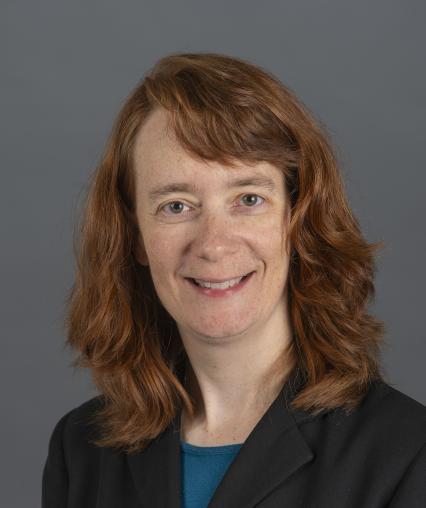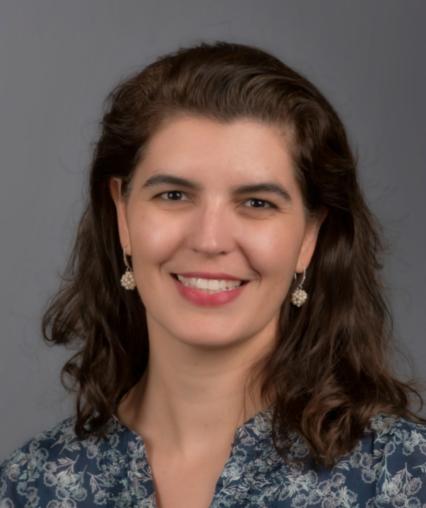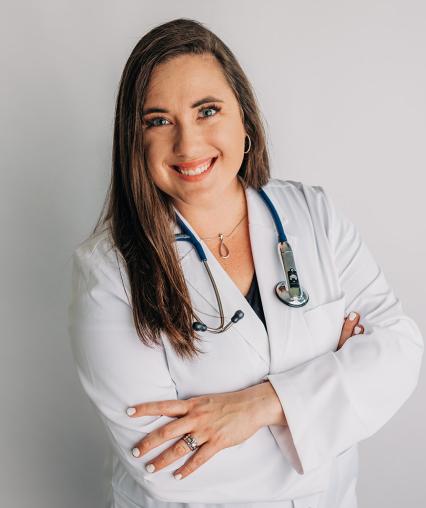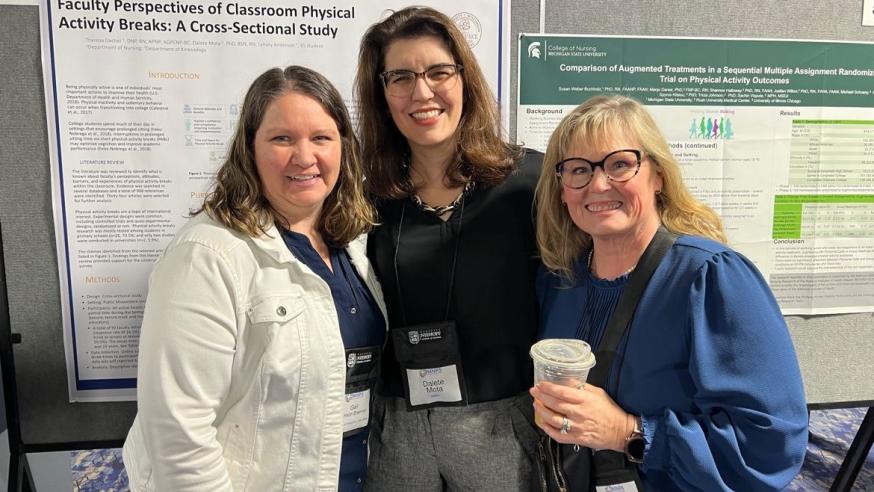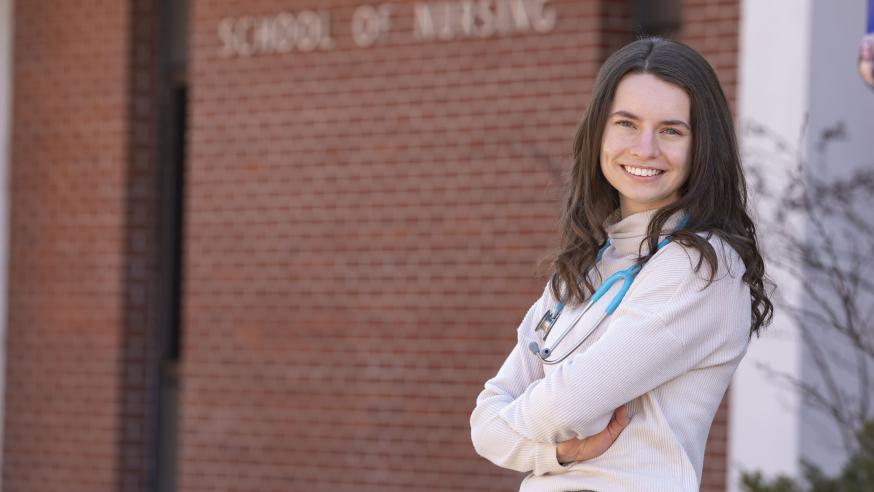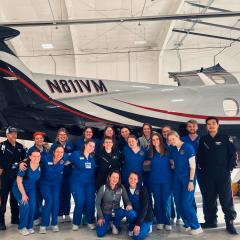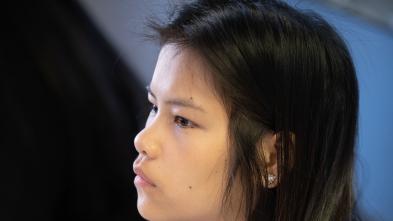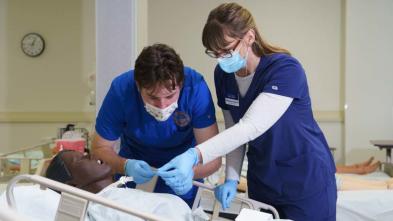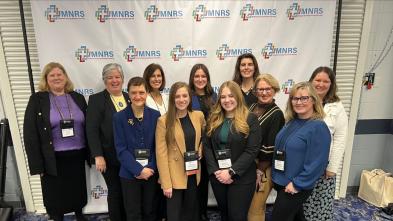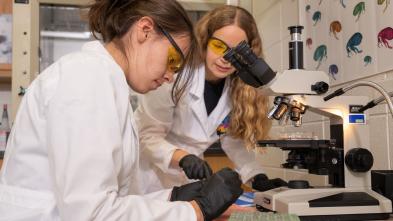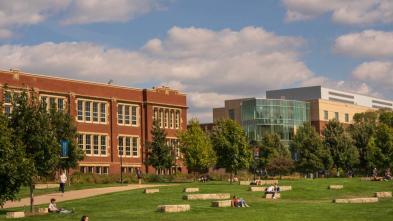
Doctor of Nursing Practice (Post-Baccalaureate)
Develop your skills and enhance your education with a doctor of nursing practice (DNP) degree from UW-Eau Claire.
Continue Your Nursing Education
A doctor of nursing practice (DNP) degree is designed for students and professionals interested in pursuing education in advanced practice nursing. To help narrow your studies and professional focus, you will choose a degree role of Family Nurse Practitioner (FNP), Adult Gerontology Primary Care Nurse Practitioner (AGPCNP), Clinical Nurse Specialist (CNS-CNS program is currently on hold), Psychiatric Mental Health Nurse Practitioner (PMHNP), or Nurse Administrator/Nurse Executive (with a population focus of either adult-gerontologic or family nursing).
A Doctor of Nursing Practice (DNP) is a terminal degree in nursing, representing the highest level of education available for practice-based training. The DNP is designed to produce leaders in nursing with advanced clinical skills and expertise, preparing graduates to influence healthcare outcomes through organizational leadership, health policy implementation, and direct patient care. Key aspects of the DNP program include advanced clinical training, leadership development, health policy, and evidence-based practice. DNP-prepared nurses often work in clinical settings, leadership roles, or as educators, contributing significantly to the future of healthcare. As the knowledge necessary for a nursing career rapidly expands and patient care becomes increasingly more complex, the need for DNP graduates continues to grow.
Program Details
Accreditation Information
The baccalaureate degree program in nursing, master's degree program in nursing, and Doctor of Nursing Practice program at the University of Wisconsin-Eau Claire are accredited by the Commission on Collegiate Nursing Education (CCNE), 655 K Street NW, Suite 750, Washington, DC 20001, 202-887-6791, through December 31, 2031.
The programs are also approved by the Wisconsin State Board of Nursing.
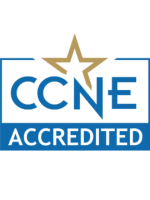
Licensure Information
The U.S. Department of Education requires institutions to disclose information for programs leading to professional certification or licensure about whether each program meets state educational requirements for initial licensure or certification.
The requirements of this program meet licensure in the following states: Minnesota, Wisconsin
The requirements of this program do not meet licensure in the following states: N/A
It has not been determined whether the requirements of this program meet licensure in the following states: Alabama, Alaska, Arizona, Arkansas, California, Colorado, Connecticut, Delaware, Florida, Georgia, Hawaii, Idaho, Illinois, Indiana, Iowa, Kansas, Kentucky, Louisiana, Maine, Maryland, Massachusetts, Michigan, Mississippi, Missouri, Montana, Nebraska, Nevada, New Hampshire, New Jersey, New Mexico, New York, North Carolina, North Dakota, Ohio, Oklahoma, Oregon, Pennsylvania, Rhode Island, South Carolina, South Dakota, Tennessee, Texas, Utah, Vermont, Virginia, Washington, West Virginia, Wyoming.
Blugold Stories
Justthe
facts
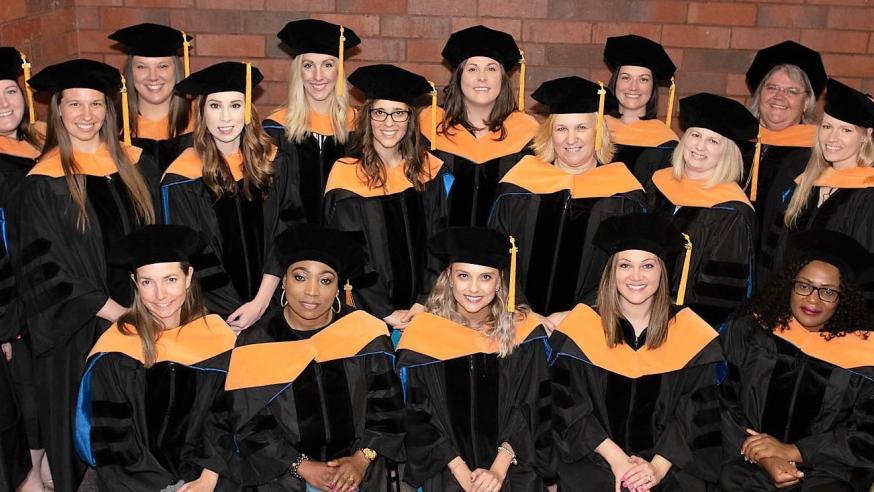
Where can the DNP program lead me after graduation?
By earning your DNP degree, you open doors to endless career possibilities. Whether you're interested in becoming a nurse practitioner or working in a specialty area like midwifery, our CCNE-accredited program will bring you one step closer to achieving your goals. Graduates of our DNP degree quickly become leaders in the nursing field, utilizing the knowledge, skills, and experience they gained throughout their program. This degree will prepare you well for the next step of your career, allowing you to seamlessly transition into new roles and responsibilities.
Example Careers
- Nurse practitioners
- Clinical nurse specialists
- Nurse administrators
Dive into subjects like organizational and systems leadership, evidence-based practice and research utilization, information systems and patient care technology. Our DNP curriculum is designed so that you will become an expert in interprofessional collaboration, improving patient and population health outcomes, effecting change and evaluating health outcomes. Toward the end of your education, you will develop and present on a project in a phenomena of interest that focuses on advancing the nursing profession.
Here are a few courses in Doctor of Nursing Practice (Post-Baccalaureate) at UW-Eau Claire.
NRSG 715
Leadership and Health Policy in Nursing
Leadership application for the graduate-prepared nurse with an analysis of external and internal influences. Examination of health policy, personal and professional transitions, and evolving advanced nursing roles.
NRSG 803
Advanced Epidemiology and Biostatistics for Population Health
Epidemiological research and concepts are synthesized and applied to clinical and population-based health to best identify and analyze the determinants of health, health promotion and risk reduction strategies, and to evaluate the distribution of health conditions. Epidemiological, biostatistical, and other scientific approaches are used to analyze population data to better understand determinants of health and illness.
NRSG 800
Advanced Nursing Practice and Informatics
Application of computer and information technologies to support and improve patient care and health care systems. Identification of information processing challenges and evaluation of informatics solutions.
Get More Info
Sign up to receive additional information about our campus.
Meet the Faculty
